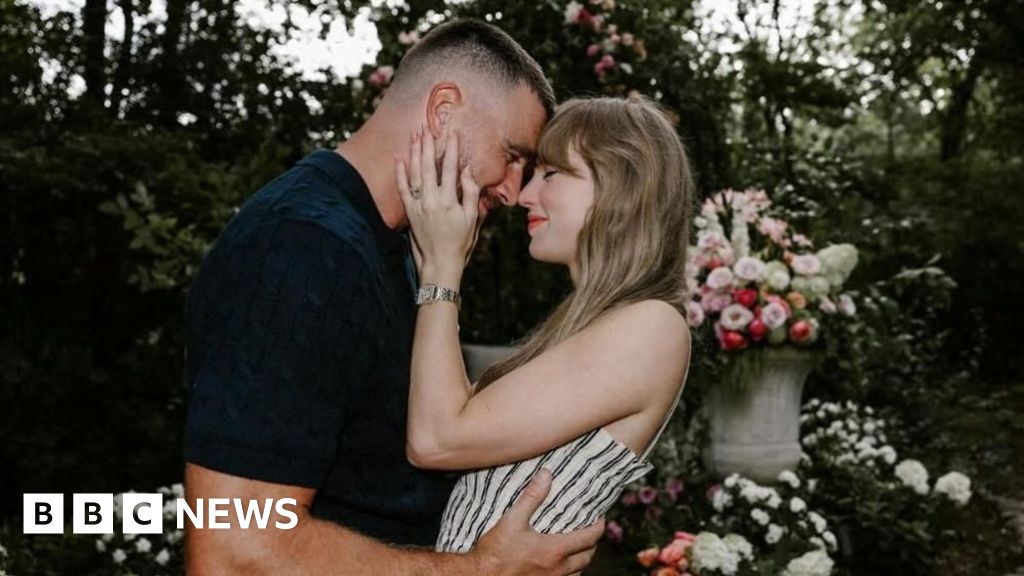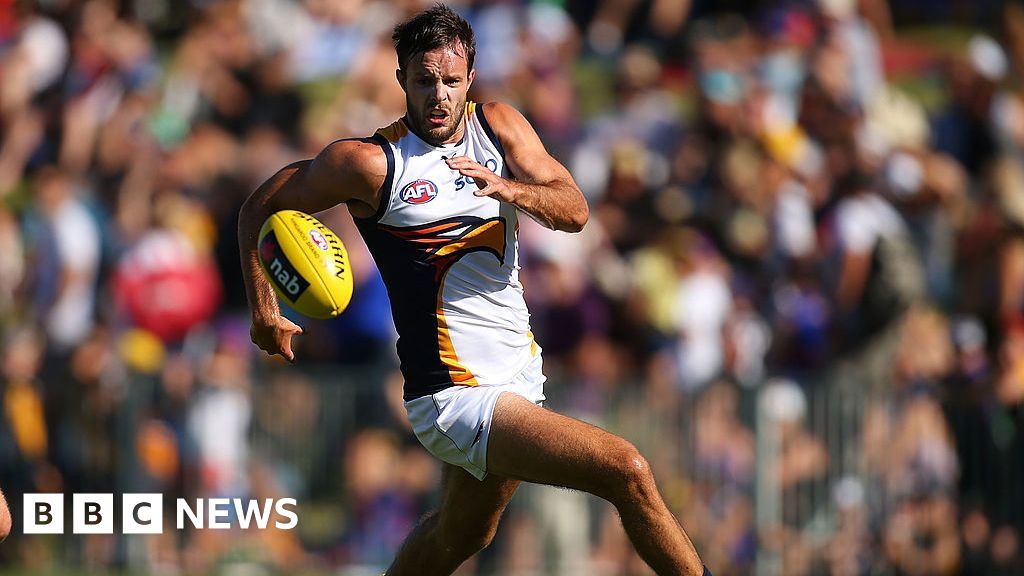In recent months, Ivory Coast has witnessed a troubling rise in assaults against LGBTQ individuals, igniting fears that the nation's long-standing reputation for tolerance may be at risk. Reports indicate that dozens of individuals within the community have suffered harassment and violence, particularly in Abidjan, the country's largest city. This escalation follows a surge in social media campaigns, led by influential figures, who have urged their followers to target and "hunt" gay men, employing derogatory jargon to diminish their status.
The atmosphere was further charged last month when, during a local soccer match, fans displayed a homophobic banner that drew cheers and support from the crowd, showcasing an alarming shift in public sentiment. Compounding these issues, a young lawmaker from President Alassane Ouattara's party has announced plans to propose legislation aimed at curtailing the acceptance of homosexuality in the country.
Human rights advocates are increasingly concerned that the societal backlash faced by LGBTQ individuals in neighboring West and Central African countries is beginning to take root in Ivory Coast. “Ivory Coast was an oasis of peace for the community,” remarked Carlos Idibouo, a distinguished LGBTQ activist and consultant. “Now we wonder, are people safe?”
As the threat to personal safety escalates in what was once seen as a protective refuge for the LGBTQ community, many are left questioning the available support and future security for individuals navigating this hostile landscape. Organizations and activists continue their efforts to provide assistance, but underpinning distrust and fear remain prevalent, casting a shadow over the nation's previously progressive environment.




















